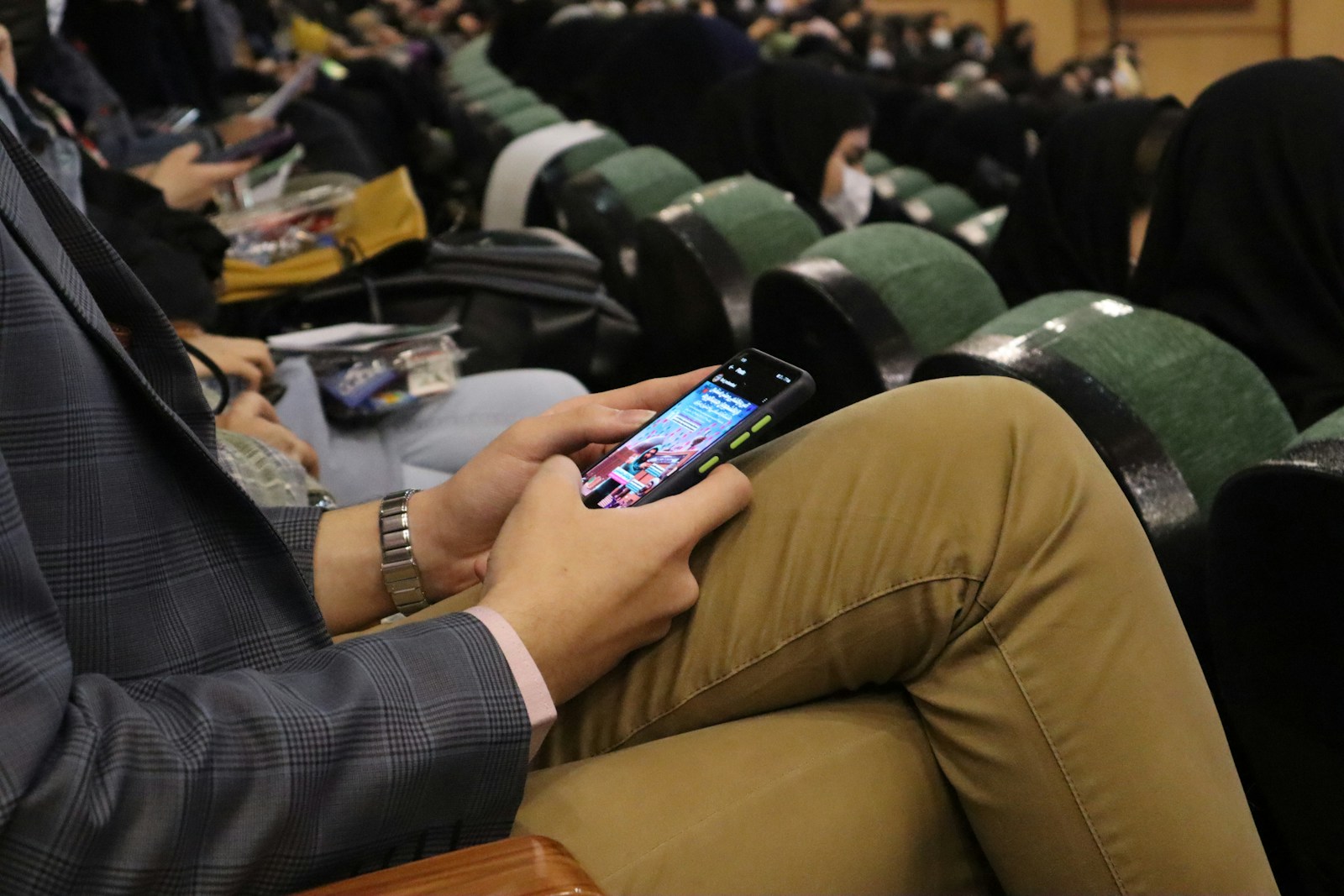Brussels is trailing behind other major European cities in the rollout and performance of 5G networks, according to a new report by telecommunications analytics firm MedUX.
While the Belgian capital shows some strong points in network quality, its overall 5G experience ranks among the worst in Europe.
The study, conducted in Q4 2024, analysed the 5G performance of three major Belgian operators—Proximus, Orange, and Telenet—through 10,000 tests and 300,000 radio samples.
Proximus and Orange emerged as joint leaders in Quality of Experience (QoE), with scores of 4.168 and 4.166 out of 5, respectively. However, despite their relatively high scores, the broader picture for Brussels remains concerning when placed in a European context.
Mixed performance among Belgian operators
Proximus led in several key performance areas, including streaming quality, network availability (46% registration rate), download and upload speeds, and gaming latency.
Orange also delivered solid results, particularly in download speeds, averaging 236 Mbps, and in data performance for social media, web browsing, and cloud services.
Telenet, though lagging in overall 5G availability (18%), stood out for its high reliability (99.59%) and strong consistency in network responsiveness.
Despite these performances, 5G availability across all operators in Brussels averaged only 36%, falling short of expectations for a major European capital.
Brussels struggles in European rankings
MedUX’s broader European analysis, set to be published in February, suggests that Brussels has one of the weakest 5G experiences in Europe.
The EU aims for uninterrupted 5G coverage in all urban areas by 2025, but Brussels is far from meeting this target.
The report highlights that high-quality 5G, defined by mid-band spectrum deployment, is significantly behind schedule, with Stand-Alone (SA) 5G deployments lagging even further.
Compared to cities like Porto, Lisbon, Stockholm, and Copenhagen—where median download speeds exceed 500 Mbps—Brussels struggles with speeds five times lower, often falling below 100 Mbps.
In the worst 10% of cases, internet speeds in the Belgian capital drop below 18 Mbps, hampering businesses, remote workers, and digital services reliant on high-speed connectivity.
Call for improvement
Experts stress that simply increasing coverage is no longer enough. MedUX’s SVP for EMEA, Rafael González, emphasized the need for Brussels to move beyond basic coverage and focus on enhancing quality and reliability. He pointed out that the findings should be a wake-up call for telecom operators to refine their strategies and improve service quality.
“The EU’s Gigabit Society aims for uninterrupted 5G across urban areas by 2025, but Brussels is falling short,” González noted. “Operators must ensure that customers—whether remote workers, business travelers, or gamers—can fully benefit from the transformative potential of 5G.”
With just a year left before the EU’s 2025 targets, Brussels faces an uphill battle in catching up with its European peers. Without significant investment and a strategic push toward improving high-speed and reliable 5G services, the city risks falling further behind in the digital race.

